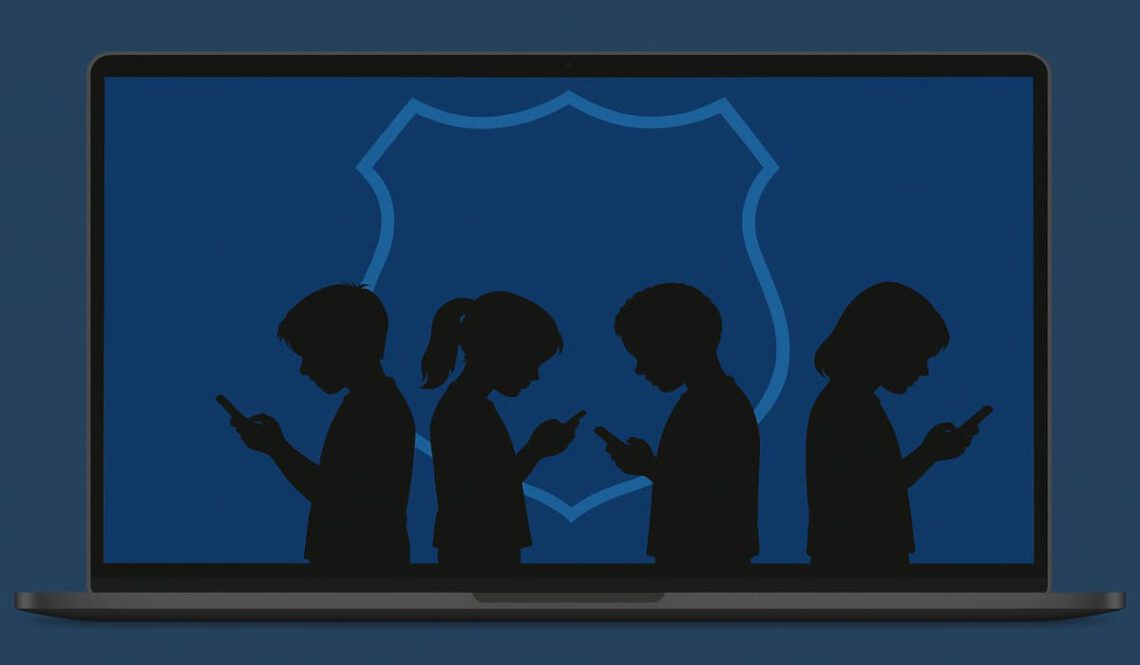The internet can be a dangerous place, especially for vulnerable individuals like minors and underage children. According to data from the United Kingdom’s National Society for the Prevention of Cruelty to Children (NSPCC), half of all grooming cases in the country happen online, with Snapchat being a major platform where this takes place.
But another growing danger is extremism, with online extremists exploiting minors not just as victims but also as active participants in spreading violent ideologies. To tackle this issue, Europol coordinated a Referral Action Day on May 27, targeting more than 2,000 online links connected to right-wing extremist and jihadist propaganda aimed at minors.
This effort follows the launch of Europol’s Operational Taskforce, which focuses on addressing the increase in the recruitment of young offenders into organised crime. Last year figures shared with Europol showed minors now play roles in over 70% (PDF) of criminal markets, making child protection a central issue for law enforcement agencies in Europe.
Disable adblocker to view Europol’s Intelligence Notification from November 2024:
“Terrorist groups are increasingly targeting young people, exploiting both their vulnerabilities and their digital fluency to advance extremist agendas,” said Catherine De Bolle, Europol’s Executive Director. She emphasised that collaboration between public authorities and private sector players is essential to prevent minors from being drawn into these destructive networks.
Investigators have also noted that extremist groups are no longer relying on old tactics. Instead, they are using advanced tools, including artificial intelligence, to create videos, memes, and other short-form content designed specifically to appeal to younger audiences.
Investigators reported seeing materials that combine images of children with extremist narratives. One disturbing trend, as per Europol, involves content that glorifies minors who have participated in terrorist acts, portraying them as heroes and role models for other young recruits.
While most of this propaganda targets young males, pushing them towards roles as “fighters” or “warriors,” female minors are often shown in supportive or indoctrination roles, preparing the next generation for the extremist cause.
Another concern is the increased use of victimhood narratives, especially those featuring graphic images of children harmed in conflict zones. These emotionally charged visuals are designed to promote sympathy and fuel desires for retaliation and further violence.
“This manipulation serves a dual purpose: it fosters emotional identification with the victims while simultaneously inciting a desire for retaliation and further violence,“ the agency said.
Message for Parents
Protecting children from the online threat of extremism is a responsibility that applies to all backgrounds, faiths, and communities. Whether the danger comes from neo-Nazi networks or jihadist recruiters, the goal is to protect young minds from manipulation, violence, and hate.
No child should be manipulated into having sympathy for extremist ideologies or used as a tool for political or religious agendas. Efforts to keep kids safe online should focus on their well-being first, confidence, awareness, and support systems that help them navigate online platforms without exposing themselves to hate and propaganda.
